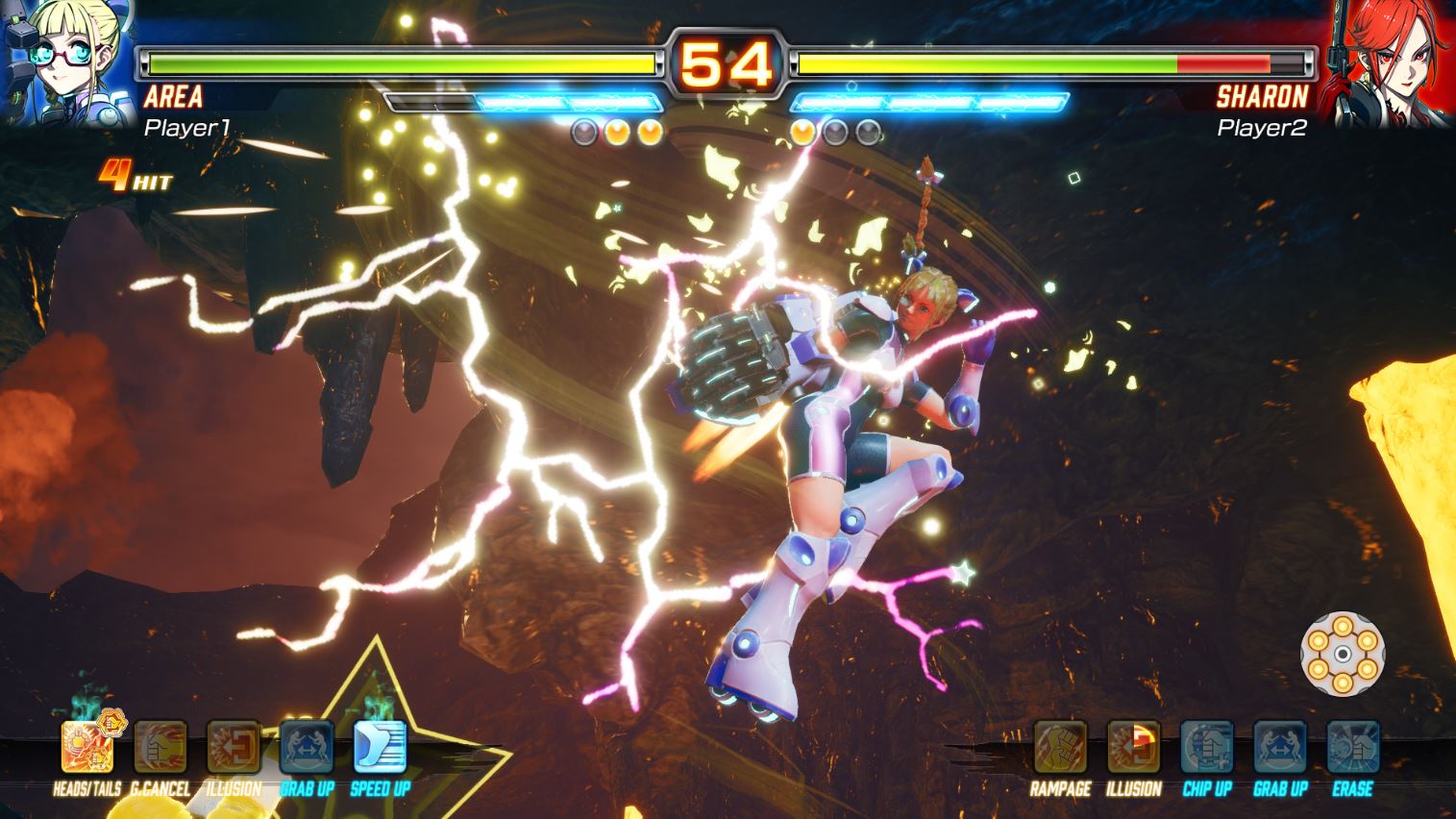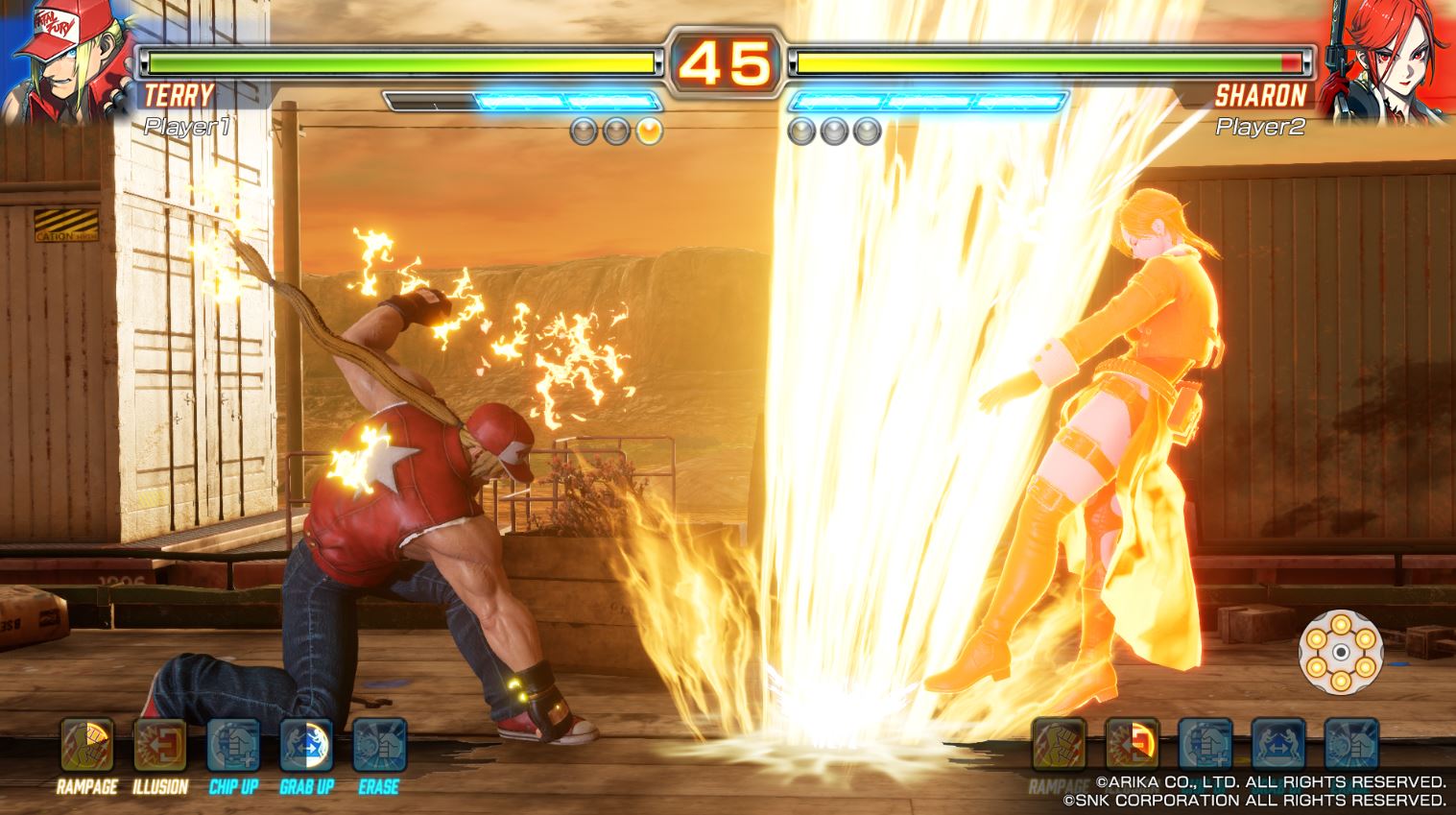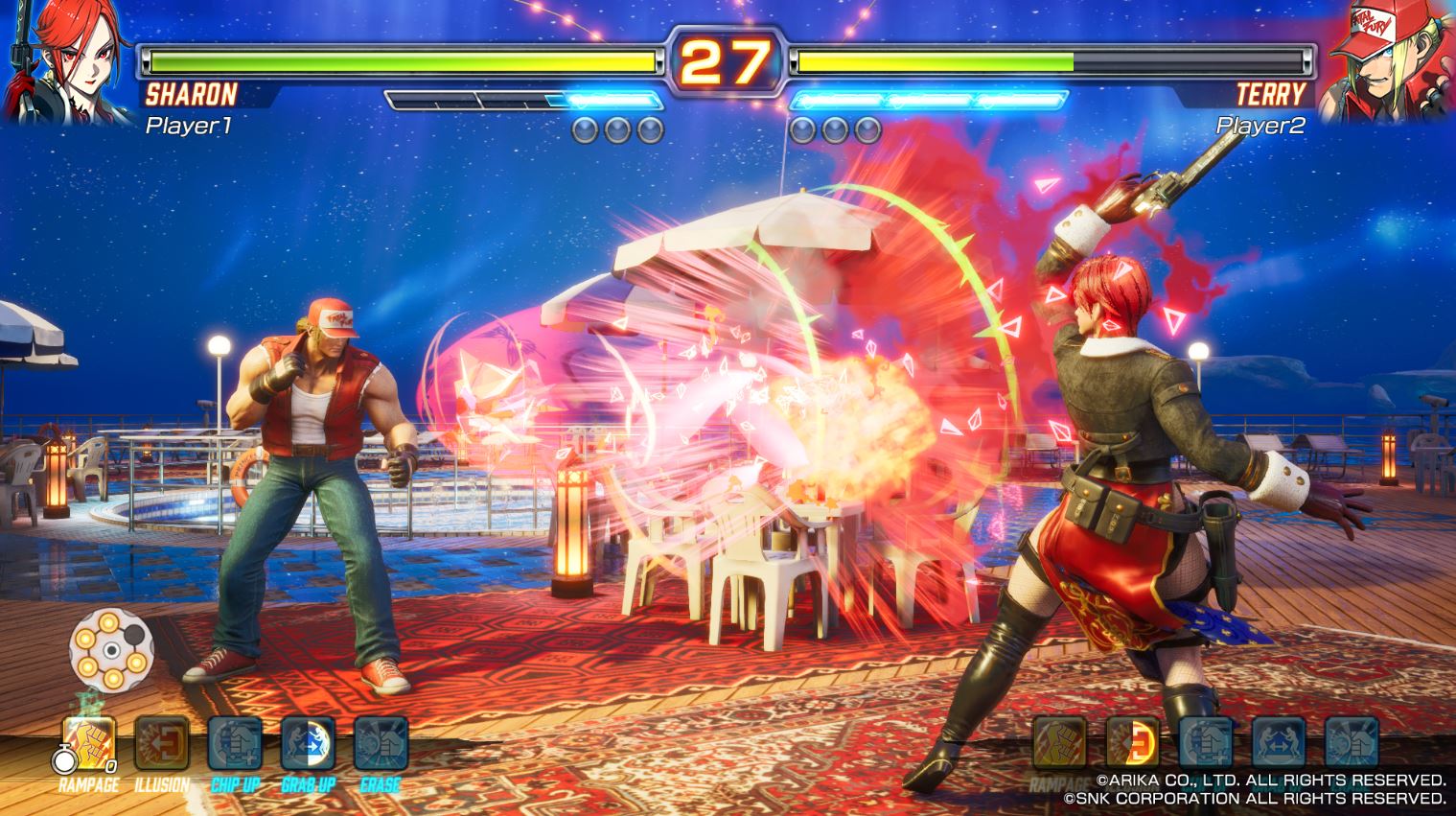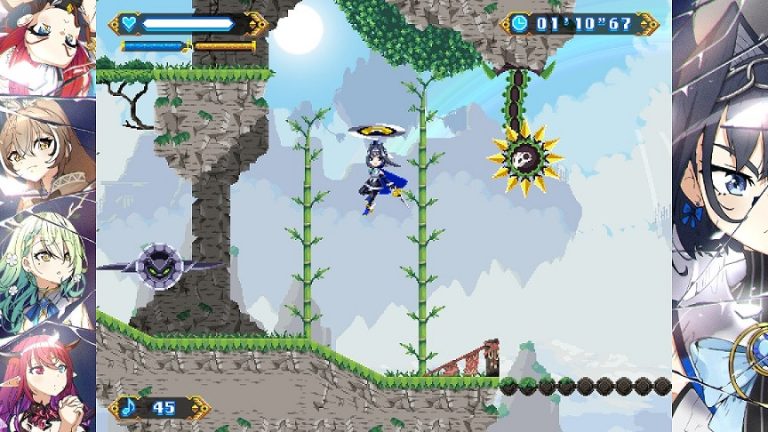Street Fighter EX series developer Arika, founded by Capcom veterans Akira Nishitani and Mihara Ichiro, recently celebrated its 30th anniversary. To commemorate the milestone, the studio announced a major discount on 2018’s Fighting EX Layer, which is available for only $0.99 on Steam and PS4 as of November 1 (originally $39.99).
Ever since the price revision, Fighting EX Layer has seen a boost in player numbers, and the rekindled interest has inevitably led to requests for additional ports and new features like cross-platform support. However, responding to such requests on X, Arika’s vice president Mihara Ichiro explained that adding crossplay requires more effort and financial risk than players may expect, despite “free” universal options like Epic Online Services being available.

“Maintaining crossplay costs so much that we’d basically go bankrupt,” he says. “Unless we were selling over a million copies at full price and everyone bought the season pass, we’d end up in the red.”
Not only would maintenance fees require Fighting EX Layer to have a constant stream of revenue for the developers to break even, but it seems overcoming the game’s dated architecture would also create significant additional costs. “There are engines that can reduce maintenance costs,” Mihara adds, “but since this game is already more than seven years old, implementing something like that at this point would be… you can imagine.”
Industry peer Alwei, representative of Indie-us Games, also offered insight into the issue, citing Epic Online Services as a helpful but by no means cost-free solution for implementing crossplay. “Our in-house title TrinityS uses Epic Online Services (EOS), so right now our maintenance costs for cross-play between Steam, PS4, and PS5 are zero. That said, the development costs involved obviously aren’t zero, and whether those additional costs even translate into profit is an entirely different issue. That’s why it’s a difficult decision to make.”

He explains that, although EOS does comes with a range of features necessary for crossplay like matchmaking, player storage and title storage, each platform still requires separate optimization work, which tends to be the most complicated part of the process.
While large publishers like Bandai Namco (Tekken 8), Capcom (Street Fighter 6) and Sega (Virtua Fighter) have the leeway to invest in cross-platform support, it appears to be a much riskier move for small and mid-sized game companies. Knowing the difficulty it involves, Arika’s Mihara reminds fighting game players not to take what they have for granted. “I you keep bashing the fighting games that do have crossplay, developers will start questioning the point of putting their money on the line for it. I mean, sure, if something’s bad, it’s bad (lol), but saying ‘It’s bad, but keep at it!’ would be a lot nicer. We’re only human, after all.”






This seems like some bs! I’ve seen smaller indie titles that have done cross play like Among Us, Brawlhalla, Stardew Valley, and Super Animal Royale and on a slightly larger scale indie games like deep rock galactic or even more recently Abiotic factor. The Japanese always have an excuse for why they can’t do something instead of just being up front. If Brawlhalla can do it, what’s stopping capcom? It’s not like they are broke
Just commenting because I feel like your examples feel somewhat disingenuous, but I think its always important to remember even developers of triple A titles still wants the game they are making to be the best they could given the limitations.
Netcode for fighting games have very cut-throat requirements for fair-play, especially the one talked about here being a traditional button fighter, as every single frame is an advantage. With the older titles like this one, and development takes years, back then cross-platform was likely too difficult as fighting game netcode is already difficult to keep fair and consistent with any latency. Unless a game is developed solely with the intent to support many platforms, re-doing the netcode is possibly nearly too tedious of a task then just working on a new title . Though all are mostly peer-to-peer code, but the complexities of it all still scales by requirement of precision. Having room for interpolation and having to need nearly 0 scales tremendously, in the end its a different ballpark.
Its really not just about money, games that get made are always made by real people even if published by a greedy company. If something is too hard to do, it probably will get neglected in favor of something more important. The interview does say “It’s bad, but keep at it” is how what they want to receive to, really just gotta know its far more complex and tedious than something you fix just by knowing its an issue.
This game wasn’t published by Capcom. The studio that made it, is in fact broke as hell.